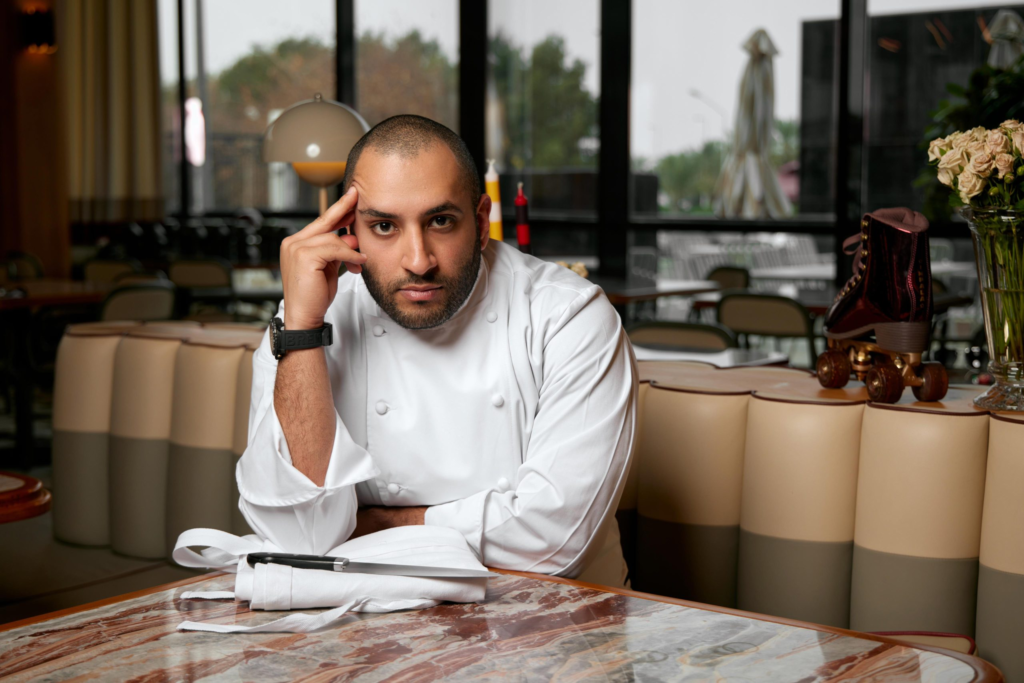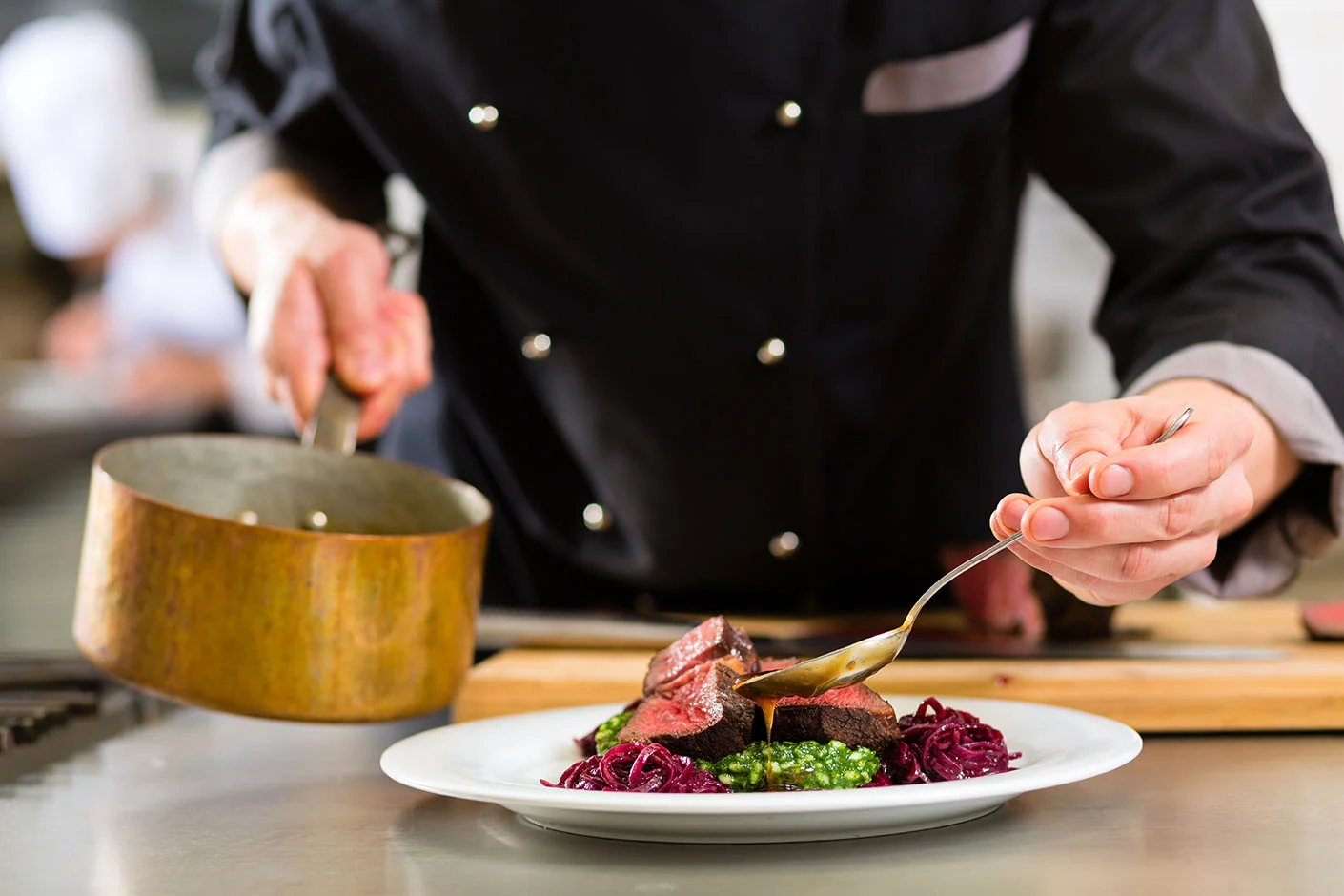Kuwait’s dining culture has seen a major transformation over the past decade. What was once a relatively simple food landscape is now a growing hub of innovation, flavours, and excellence. Behind this dramatic improvement lies a powerful force often overlooked culinary schools. These institutions have become the backbone of a new food revolution, shaping not just chefs, but the entire hospitality ecosystem of the country.
The Rising Demand for Quality in Kuwait’s Restaurant Scene
With a growing population and a booming interest in international cuisine, the expectations of diners in Kuwait have risen significantly. Customers today demand more than just good food they expect presentation, hygiene, creativity, and above all, consistency. This change has put immense pressure on restaurants to step up their game, and culinary schools have become the go-to source for talent that can meet these rising standards.
The modern-day restaurant is no longer just a kitchen and a menu. It is a stage where every dish must perform, every team member must synchronise, and every moment must feel like a curated experience. Culinary schools are providing the training, mindset, and discipline that make this possible.
Building a Skilled Workforce from the Ground Up
The hospitality industry is one of the most demanding professions. Long hours, high pressure, and a constant demand for creativity can easily lead to burnout if not handled properly. Culinary schools in Kuwait understand this challenge. Their programs are designed not only to teach cooking techniques but also to build mental resilience, time management, and communication skills.
Students graduate not just as cooks but as professionals ready to thrive in high-stakes environments. They are taught to treat cooking as an art, a science, and a business. This all-rounded training is what restaurants need today to maintain international-level standards in food and service.

Global Techniques, Local Flavor
One of the most beautiful aspects of Kuwait’s culinary education is how it blends global knowledge with local culture. Culinary schools bring in international chefs and curriculum, exposing students to the best techniques from around the world. But they also place strong emphasis on preserving and celebrating Kuwaiti heritage.
This balance results in chefs who can create world-class dishes with a unique local twist. It is this fusion of global and local that keeps Kuwait’s restaurant scene fresh, innovative, and deeply rooted in its own identity.
Encouraging Creativity and Experimentation
Culinary schools are not factories they are incubators of innovation. Students are encouraged to experiment, fail, learn, and try again. This freedom to create without the fear of judgement helps budding chefs push boundaries. Whether it’s reinventing traditional Kuwaiti dishes or blending cuisines from opposite sides of the globe, students are given the space to find their unique culinary voice.
And this creativity doesn’t just benefit the students it spills directly into restaurants. Chefs trained in such environments bring a spirit of curiosity and experimentation to their kitchens, constantly evolving menus and raising the bar for customer experience.
Enhancing Hygiene and Food Safety Standards
In today’s health-conscious world, hygiene and food safety have become non-negotiable. Culinary schools play a crucial role in ensuring that future chefs and restaurant staff are thoroughly trained in international hygiene standards. They learn how to prevent cross-contamination, store ingredients correctly, and maintain spotless kitchens.
This training directly impacts the customer’s safety and trust. Diners today are not just looking for flavor—they want to be confident that the food they eat is prepared with the highest level of cleanliness. Restaurants staffed by culinary school graduates are more likely to meet or exceed these expectations.
Leadership and Management Skills That Matter
A good chef knows how to cook. A great chef knows how to lead. Culinary schools in Kuwait have started embedding leadership and business management into their curriculum. This shift is incredibly important for long-term success.
Restaurants need more than just skilled hands they need individuals who can handle team conflicts, manage supplies, reduce wastage, and improve efficiency. Graduates who understand how kitchens work on a human and operational level become assets to any food business. They help raise the overall professionalism of restaurants, making them more sustainable and profitable in the long run.
Supporting the Rise of Boutique and Concept Restaurants
The restaurant scene in Kuwait is no longer dominated by big brands or hotel chains. There is a growing trend of boutique eateries and concept-based restaurants that offer highly curated menus and personalised service. Culinary schools are a key driver of this movement.
These smaller ventures often rely on chefs with strong creative visions and entrepreneurial spirit something culinary schools are increasingly nurturing. Students are not just being trained to work in restaurants; they’re being empowered to start their own. This creates more diversity in the market, more innovation, and ultimately, a higher standard of dining across the board.
Closing the Gap Between Passion and Profession
In the past, many in Kuwait viewed cooking as a hobby or a household responsibility. Today, thanks to the influence of culinary schools, cooking is seen as a respectable, rewarding profession. Young people are increasingly choosing this path, driven by a desire to turn their passion into purpose.
Culinary schools offer them that bridge. They provide the structure, the resources, and the mentorship to turn raw passion into professional excellence. And when passionate professionals enter the restaurant industry, magic happens. The food is more soulful, the service more thoughtful, and the dining experience far more memorable.
Transforming Kuwait Into a Culinary Destination
The ultimate impact of all these efforts is that Kuwait is slowly becoming a culinary destination in its own right. With world-class chefs, innovative menus, and a strong commitment to quality, the country is attracting attention from tourists and food critics alike.
Culinary schools are at the heart of this transformation. By consistently producing top-tier talent, they are lifting not just individual restaurants, but the entire food scene of the nation. This isn’t just good for business—it’s a matter of national pride.
A Bright Future Built on Culinary Excellence
The role of culinary schools in Kuwait goes far beyond education. They are shaping the way people eat, work, and experience food. From hygiene to hospitality, from creativity to consistency, these institutions are rewriting the standards by which restaurants operate.
As more young minds walk through the doors of these schools, and more kitchens are led by trained professionals, Kuwait’s restaurant industry will continue to grow not just in quantity, but in quality. The future of food in Kuwait is not just tasty; it’s exciting, dynamic, and deeply rooted in excellence.
Culinary schools have proven that with the right training, passion, and purpose, a small country can achieve big things in the world of food. And this is just the beginning.
Do follow Gulf Magazine on Instagram.
Also Read – Kuwait’s Interactive Cooking Restaurants: A Delicious Adventure



